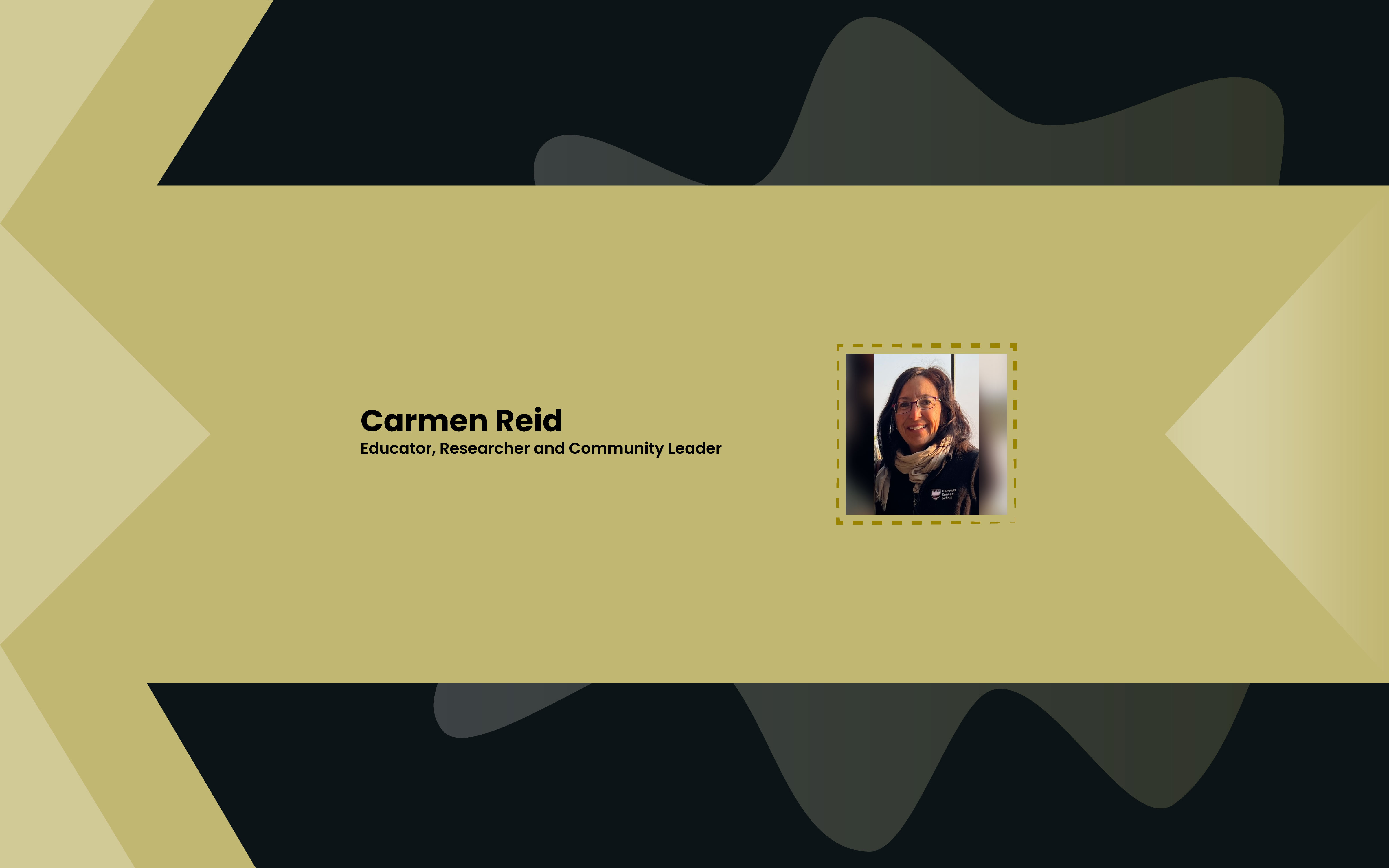
About Carmen Reid
Educator, Researcher, and Community Leader
Carmen Reid from Alameda, CA, is an educator, researcher, and community leader whose work bridges history, education, and civic engagement. She is known for creating programs that connect people with their shared past while promoting equitable access to learning and public service. With a background that spans teaching, archives, and policy, Carmen’s career reflects a belief that education and history should not remain confined to classrooms or institutions but should actively serve communities.
Her professional experience covers curriculum design, museum collections, cultural projects, and civic service. She works at the intersection of history and education, helping organizations build meaningful and sustainable programs. Carmen’s approach is collaborative and grounded in real-world problem-solving. She believes that successful initiatives emerge from listening to the communities they serve, integrating their perspectives into every planning and implementation stage.
Carmen earned her Master’s in Public Administration from the Harvard Kennedy School in 2025, where she focused on public policy and program design. Before that, she completed a dual bachelor’s degree in Anthropology and Spanish Language and Literature at the University of California, Berkeley. As a J. William Fulbright Scholar in Barcelona, she researched Catalonian Jews, drawing from archival records to understand the intersections of history, culture, and migration. These academic experiences shaped her dedication to connecting cultural preservation with public service and education.
Teaching remains one of Reid’s greatest passions. She has taught Spanish at middle and high school levels, redesigned curricula to make language learning more interactive, and introduced after-school programs in art, theater, music, and science. At Dover Elementary, she worked as a reading intervention specialist for bilingual students, supporting families and teachers to help students make measurable progress. These experiences gave her a close understanding of students' barriers, especially when language and access to resources stand in the way of learning.
Her work in admissions expanded her understanding of educational systems. As an admissions reader, she reviewed thousands of applications each year, helping to build balanced and inclusive classes. This experience showed her how deeply educational access can shape lives and how thoughtful admissions practices can make education more equitable.
Carmen’s involvement in archives and historic preservation began at the Alameda Museum, where she created a teen docent program to help high school students engage with their community’s history. She also led a digitization initiative that cataloged over 2,000 artifacts, making them accessible to teachers, researchers, and residents. Her efforts in maritime preservation included completing a National Register nomination for the U.S. Maritime Service Officers Training School and publishing articles on naval history in veteran and industry journals. These projects allowed her to combine historical documentation with storytelling, making history more relatable and inclusive.
While at Harvard, Carmen Reid of Alameda conducted research at the Peabody Museum on collaboration between museums and tribal communities. She interviewed tribal leaders and museum professionals nationwide to study how cultural centers are developed and sustained. The research culminated in a feasibility report for the Eastern Shoshone Tribal Government, offering recommendations on curation, programming, and compliance with the Native American Graves Protection and Repatriation Act (NAGPRA). Carmen emphasized shared leadership in this work, ensuring tribal voices were central to the process. Her approach reflected her belief that preservation efforts should empower communities rather than document them.
His civic engagement extends beyond academia and research. She served on Alameda’s Open Government Commission, where she worked to increase transparency in city governance. She also led advocacy campaigns with the American Merchant Marine Veterans, helping generate over 1,500 letters and calls supporting historic preservation. Recognizing her contributions, she was named Volunteer of the Year in 2023. That same year, she was invited to speak before more than 10,000 attendees at UC Berkeley’s Chancellor’s Welcome, sharing her reflections on civic responsibility and the power of community leadership.
Reid's research explores maritime history, cultural preservation, and policy analysis. She has written for veteran associations, local history publications, and professional journals such as Marine Log. Her work is guided by clarity and purpose—she aims to make her research practical and relevant to organizations and communities rather than remaining purely academic. She has also authored feasibility studies, archival reports, and program plans that various institutions have implemented.


